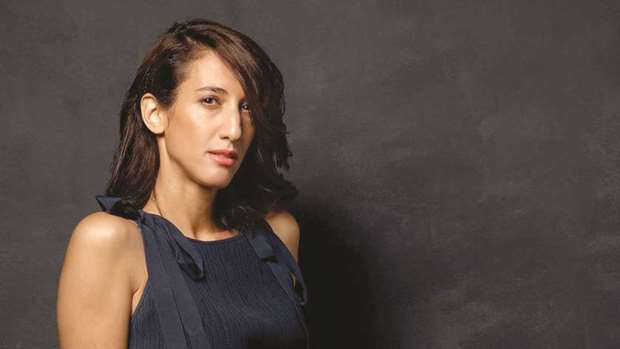CAST: Halle Berry, Daniel Craig, Lamar Johnson
DIRECTOR: Deniz Gamze Ergüven
RUNNING TIME: 1 hour, 32 minutes
The French-Turkish director Deniz Gamze Ergüven stunned with her first film, Mustang, the Academy Award nominated portrait of an unbridled Turkish girlhood straining at the strictures of patriarchy. Her follow-up film, Kings, was originally intended to be her directorial debut, but the more ambitious project was sidelined for the intimate Mustang. She’s finally brought her vision to the screen, but the hard truth is the screenplay should have stayed on the shelf, as there’s only one word for Ergüven’s sophomore effort: baffling.
The film itself — the story of the LA riots as seen through the experience of single mother Millie Dunbar (Halle Berry) and her large family — is baffling, but what’s even more baffling is that a director who turned in such an assured and specific debut would miss the mark here in such a spectacular fashion.
There are some thematic similarities in Ergüven’s films. She has a tendency toward lyrical depictions of youth in revolt struggling against oppressive systems of power. That’s the central beating heart of Kings, even when it spins out of control. Millie’s gaggle of children drives the film, a wild, diverse bunch. Millie is unable to resist taking in strays, and she keeps her tribe of children, fostered and adopted, close, even when they wreak havoc at home and in streets. Berry spends the entirety of the film vacillating between hysterics and hugs.
The film opens with a sequence depicting the murder of Latasha Harlins, shot and killed by a liquor store owner when she was stopped for shoplifting. Latasha’s story is so often forgotten as one of the main motivators in the uprising, and Ergüven’s approach is thoughtful and arresting. Latasha’s presence hangs over the rest of the film ominously, as we follow Millie’s kids, and the mother who loves them dearly, but can barely keep track of them.
Ergüven utilises an antsy, roaming handheld camera style that only heightens the anxiety of the setting, and in the background of the whirling familial chaos is the constant soundtrack of the news — Latasha’s murder and the verdict, the trial of the four officers who were videotaped beating Rodney King. Ergüven weaves archival news footage into her tale that builds and builds to a loud crescendo until it bursts like a dam on the day of the verdict.
Ergüven’s facility with imagery never wavers, though she makes some bold creative choices that both hit and miss. For all of its gestures toward realism, the film is also sometimes abstract, hallucinatory and surreal. She’s never afraid to be totally weird, whether it works or not.
The hectic story splits in two during the riots, which we don’t see much of, beyond a few scuffles in the streets. Millie ends up with her cantankerous writer neighbour Obie (Daniel Craig), looking for her younger boys, while her older son, Jesse (Lamar Johnson), sets off on his own. He’s locked in a love triangle with his friend William (Kaalan Walker) and a troubled girl, Nicole (Rachel Hilson), and the trio’s experience is moody and tragic, a dark, violent journey that’s near-Lynchian in its style and tone. Cutting between this sequence and Millie and Obie’s screwball meet-cute over handcuffs is jarring at best. The film is tonally a mess.
The downfall of the film is the script, which Ergüven also wrote. It lacks nuance and subtlety, the characters plainly stating their intentions, thoughts and feelings. Subtext does not exist here. It’s an outsider’s view of the event, and unfortunately, it’s naive and reductive. It doesn’t further illuminate anything about the events, and only serves as a loose depiction of a woman’s actual experience of the riots (it’s inspired in part on a real woman and her grandson).
Ergüven’s vision is a wild, melodramatic journey that offers no answers or insights, and by the end, it only leaves one feeling, well, completely flabbergasted. — TNS

.
